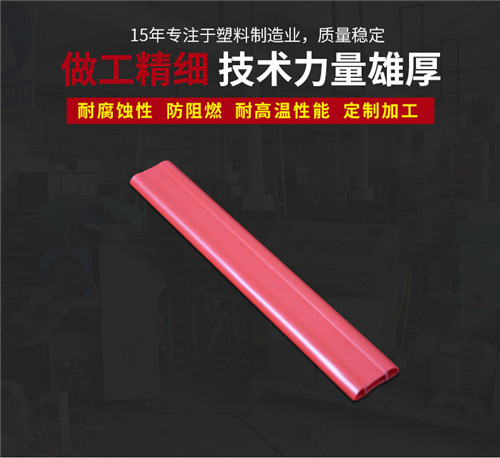
Phone Number :
07 06, 2023

PVC hose is widely used in various industries for its excellent flexibility, durability, and affordability. However, it is crucial to evaluate the corrosion resistance of PVC hose to ensure its applicability under different chemical conditions. This article aims to provide a detailed overview of the chemical corrosion resistance test of PVC hose and its significance in determining the hose's suitability for specific environments.
PVC hose is often exposed to diverse chemical substances such as acids, alkaline solutions, solvents, and oils. Testing the chemical corrosion resistance of PVC hose helps in understanding its ability to withstand exposure to these substances without degradation or failure. The test results provide valuable information to users, enabling them to choose the right type of hose for their specific applications, while also ensuring safety and preventing potential environmental hazards.
The chemical corrosion resistance test involves subjecting the PVC hose specimens to various chemicals, simulating real-world conditions. The test conditions typically include variations in temperature, pressure, exposure time, as well as the concentration and type of chemical. The PVC hose samples are analyzed for any visible changes in appearance, physical properties, and performance after exposure to the test medium. The testing process follows standardized protocols, such as ASTM D543, to ensure accurate and replicable results.
After the chemical corrosion resistance test, the PVC hose samples are evaluated based on specific performance criteria. These criteria may include visual inspection, weight loss measurement, changes in physical properties such as tensile strength and elongation, as well as the presence of cracks or delamination. By comparing the performance of different PVC hose samples, users can identify the most suitable material for their intended applications.
In addition to performance evaluation, it is essential to consider the compatibility of PVC hose with chemicals over an extended period. Long-term exposure may lead to a gradual deterioration of the hose, compromising its performance and safety. Hence, continuous monitoring and regular testing are recommended to ensure sustained chemical resistance throughout the lifespan of the PVC hose.
The chemical corrosion resistance test is a fundamental aspect of PVC hose evaluation. By subjecting the hose to rigorous testing under various chemical conditions, users can make informed decisions about which type of PVC hose is appropriate for their specific applications. This understanding of the chemical resistance of PVC hose ultimately facilitates safe and efficient operations across different industries. To guarantee continued performance, it is essential to closely monitor and regularly test the PVC hose over its service life.